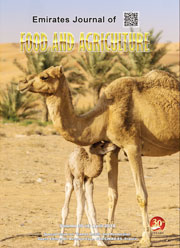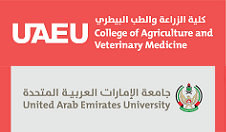EFFECT OF EDIBLE CHITOSAN/ZEOLITE COATING ON TOMATOES QUALITY DURINGREFRIGERATED STORAGE
DOI:
https://doi.org/10.9755/ejfa.v26i3.16620Keywords:
Chitosan coating, Refrigerated storage, Shelf-life, Tomato, ZeoliteAbstract
The objective of the study was to evaluate the effect of chitosan coatings combined with zeolite on tomato (Lycopersicon sculentum cv. FA-180 HAZERA) quality attributes during refrigerated storage. Coatings were applied by double immersion of fruits in the film-forming solutions for 5 min, depending on treatments: (i) chitosan at 1.5% (w/v) in lactic acid 1% (v/v); (ii) chitosan at 1.5% (w/v) in lactic acid 1% (v/v) and Tween 80 at 0.1% (w/v); and (iii) chitosan at 1.5% (w/v) in lactic acid 1% (v/v) and zeolite at 3% (w/w based on chitosan). Fruits were allowed to dry by forced convection for 2 h at 25ºC and were subsequently stored at 10ºC during 37 days. The effectiveness of the treatments in extending fruit shelf-life was evaluated by determining fungal decay, respiration rate, quality attributes and overall visual appearance. No sign of fungal decay was observed during the storage period. The addition of zeolite at 3% (w/w based on chitosan) and Tween 80 at 0.1% (v/v) in chitosan solution improved its coating properties delaying the ripening of tomatoes, although did not constitute an effective barriers against the weight losses.










 .
. 